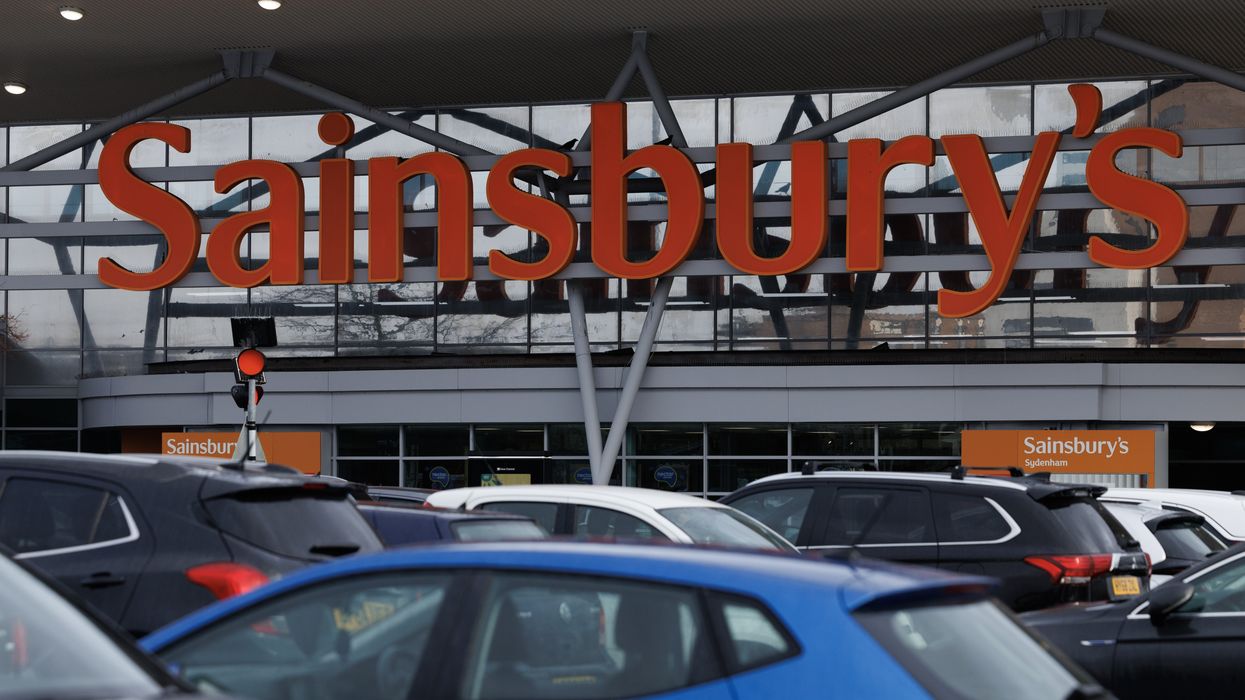Sainsbury’s has introduced new cameras at self-service checkouts in a move aimed at reducing shoplifting incidents across its stores.
The cameras, which monitor customers as they scan and pack items, are part of a system that alerts shoppers if a product appears not to have been scanned. If the system detects an unscanned item, it shows the customer a playback of their last action alongside the message: "Looks like that last item didn't scan. Please check you scanned it correctly before continuing."
The change follows a reported increase in shoplifting nationwide. According to official police data, there were 516,971 incidents of shoplifting logged in 2024, up from 429,873 in 2023.
Sainsbury’s says the technology is intended as a deterrent and a more discreet way to address unscanned items. A source at the supermarket told The Sun that the new system serves as a "gentle reminder" to customers, contrasting it with more visible measures like red warning lights and staff intervention. The source added that many errors are genuine mistakes, often flagged by the scales built into self-checkout stations.
Customer reactions have been mixed. Some have raised concerns over false triggers, such as one shopper who said the system flagged a packet of basil that was "too light" to register. Another shopper responded to the video playback feature by joking that it allowed them to "re-live and learn" from their packing errors.
A Sainsbury’s spokesperson said: “We regularly review the security measures in our stores and our decisions to implement them are based on a range of factors, including offering our customers a smooth checkout experience.”
The measure comes amid wider concerns about rising theft in the retail sector. Tom Ironside, Director of Business and Regulation at the British Retail Consortium, said that retail theft is now costing supermarkets an estimated £2 billion annually.
Sainsbury’s has previously faced criticism for anti-theft measures. In 2023, it introduced receipt-scanning barriers that only opened after a receipt was scanned, sparking complaints from customers who said the gates placed innocent shoppers under suspicion. Customers leaving without making a purchase were required to seek assistance from staff to exit the self-checkout area.





